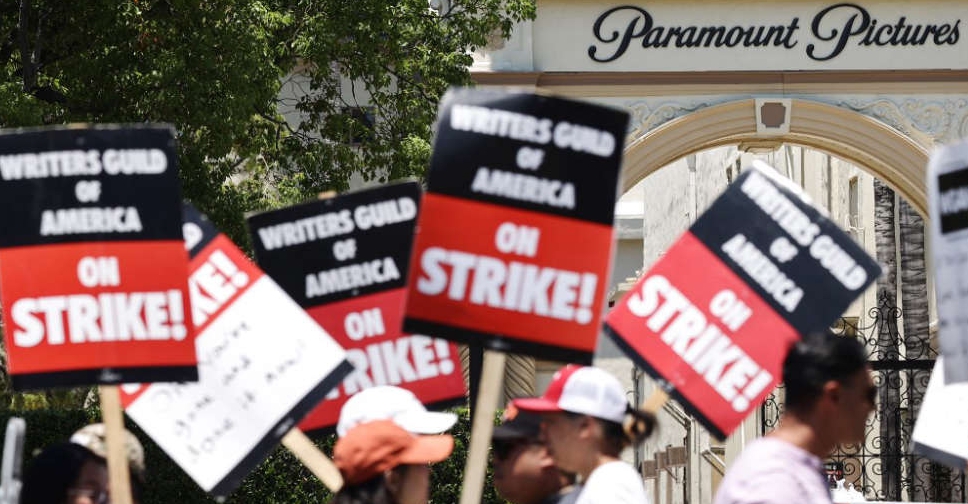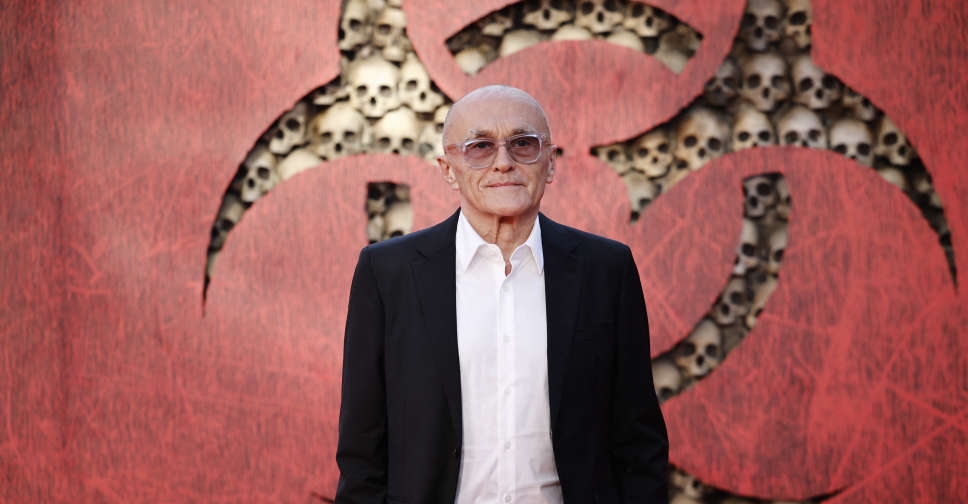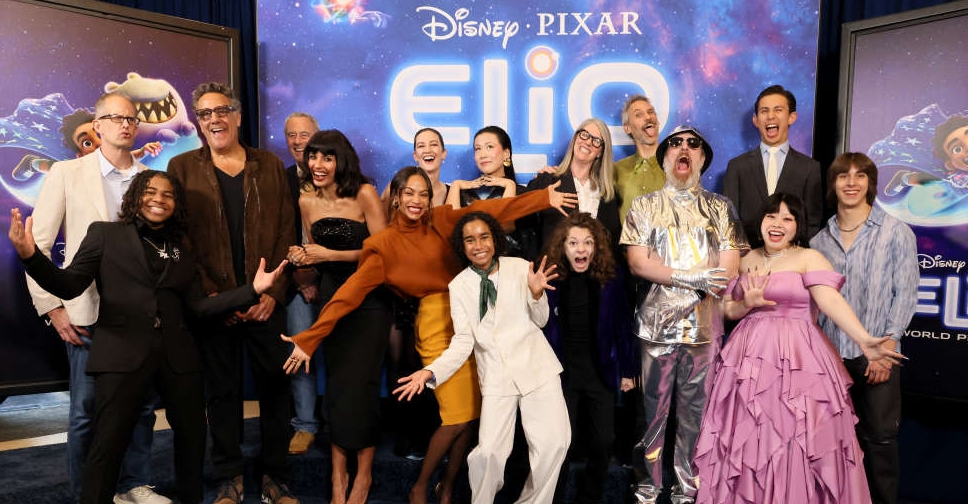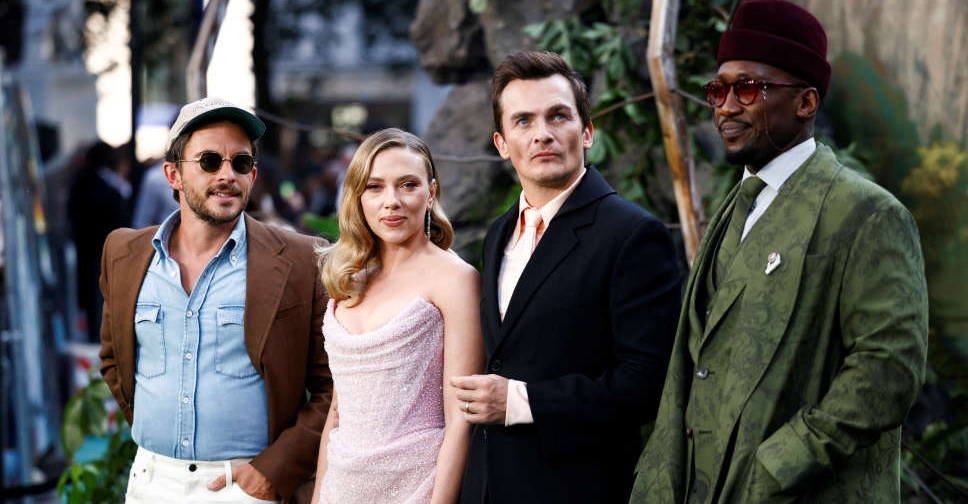
Negotiators for Hollywood's actors union unanimously recommended a strike after labour talks with studios failed to yield an agreement, setting the stage for performers to join film and television writers on picket lines as early as Thursday.
The SAG-AFTRA actors union, which represents 160,000 members, said its national board would vote on a strike order on Thursday morning. If approved, Hollywood studios would face their first dual work stoppage in 63 years and be forced to shut down production across the United States.
Both SAG-AFTRA and the Writers Guild of America (WGA) are demanding increases in base pay and residuals in the streaming TV era plus assurances that their work will not be replaced by artificial intelligence (AI).
Fran Drescher, former star of The Nanny and the president of SAG-AFTRA, said studios' responses to the actors' concerns had been "insulting and disrespectful".
"The companies have refused to meaningfully engage on some topics and on others completely stonewalled us," she said in a statement. "Until they do negotiate in good faith, we cannot begin to reach a deal."
The Alliance of Motion Picture and Television Producers (AMPTP), which negotiates on behalf of Netflix Inc, Walt Disney Co and other companies, said it was "deeply disappointed that SAG-AFTRA has decided to walk away from negotiations".
The group said it had offered "historic pay and residual increases, a groundbreaking AI proposal that protects actors’ digital likenesses" and other gains to actors.
"Rather than continuing to negotiate, SAG-AFTRA has put us on a course that will deepen the financial hardship for thousands who depend on the industry for their livelihoods," the AMPTP said.
ECONOMIC DAMAGE
The writers' strike has sent late-night television talk shows into endless reruns, disrupted most production for the fall TV season and halted work on big-budget movies.
A walkout by actors would shut down the studios' remaining US-based productions and put more pressure on media companies to find a resolution.
Hollywood has not faced two strikes at once since 1960, when members of the WGA and the Screen Actors Guild both walked off the job in a fight over residuals from films sold to TV networks.
Today, the unions are battling over base pay and residuals from streaming services.
"You have to make $26,000 a year to qualify for your health insurance and there are a lot of people who get across that threshold through their residual payments," actor Matt Damon said at a promotional event held for the film Oppenheimer just hours before the strike was called.
"There’s money being made and it needs to be allocated in a way that takes care of people who are on the margins," Damon added.
Many streaming services, however, have yet to turn a profit after companies spent billions of dollars on programming to try and attract customers.
Disney, Comcast Corp's NBCUniversal and Paramount Global each lost hundreds of millions of dollars from streaming in the most recent quarter. At the same time, the rise of online video has eroded television ad revenue as traditional TV audiences shrink.
The WGA's work stoppage has rippled throughout California and beyond, hitting caterers, prop suppliers and others who rely on Hollywood production for business. Economic damage is expected to spread if actors also strike.
Broadcast networks have already announced fall schedules heavy with reality shows, which are not affected by the current labor tensions. Independent productions not covered by union contracts also can continue.


 BTS member Suga discharged from South Korean military service
BTS member Suga discharged from South Korean military service
 Sinner and singer Bocelli strike up partnership for new single
Sinner and singer Bocelli strike up partnership for new single
 Danny Boyle uses iPhones to revive '28 Days' zombie film franchise
Danny Boyle uses iPhones to revive '28 Days' zombie film franchise
 Pixar film 'Elio' follows a family's imperfect intergalactic journey
Pixar film 'Elio' follows a family's imperfect intergalactic journey
 'Jurassic World: Rebirth' brings fans back to dangerous dinosaur realm
'Jurassic World: Rebirth' brings fans back to dangerous dinosaur realm




